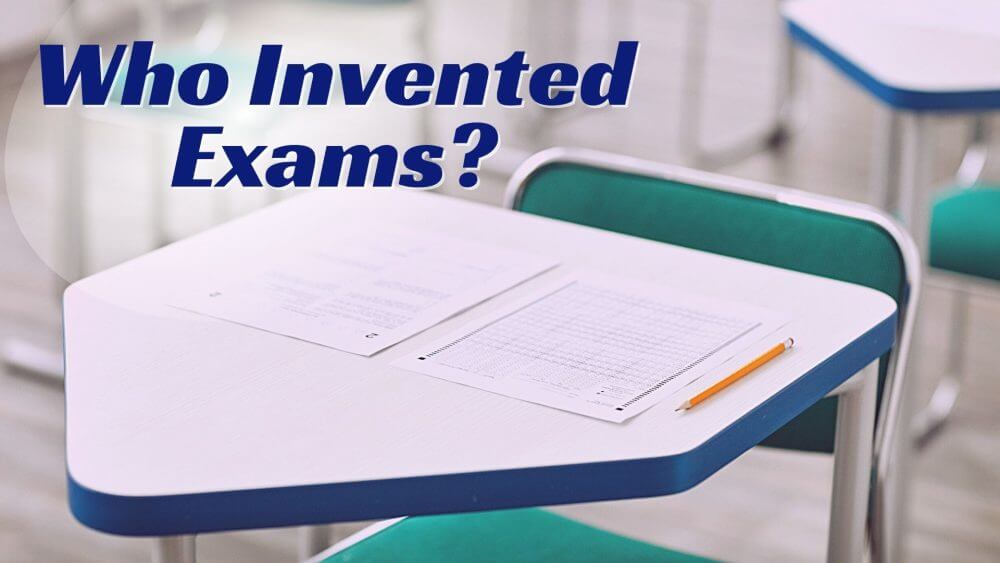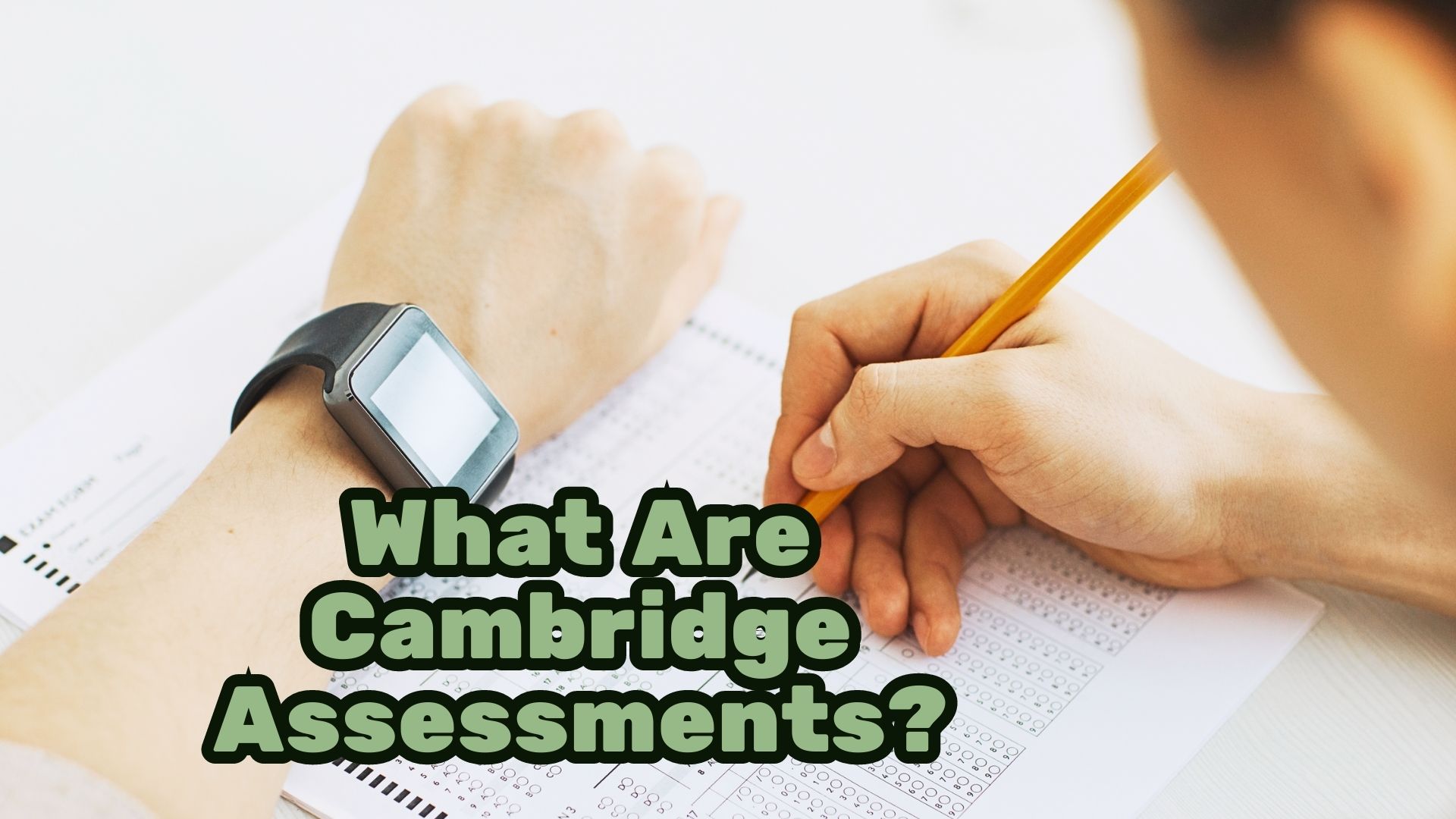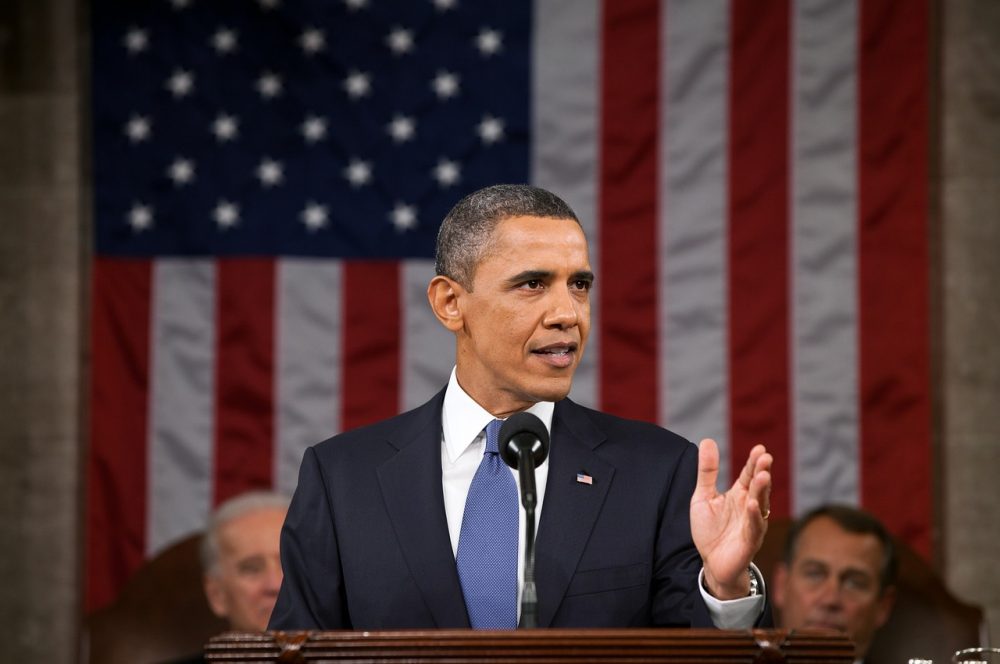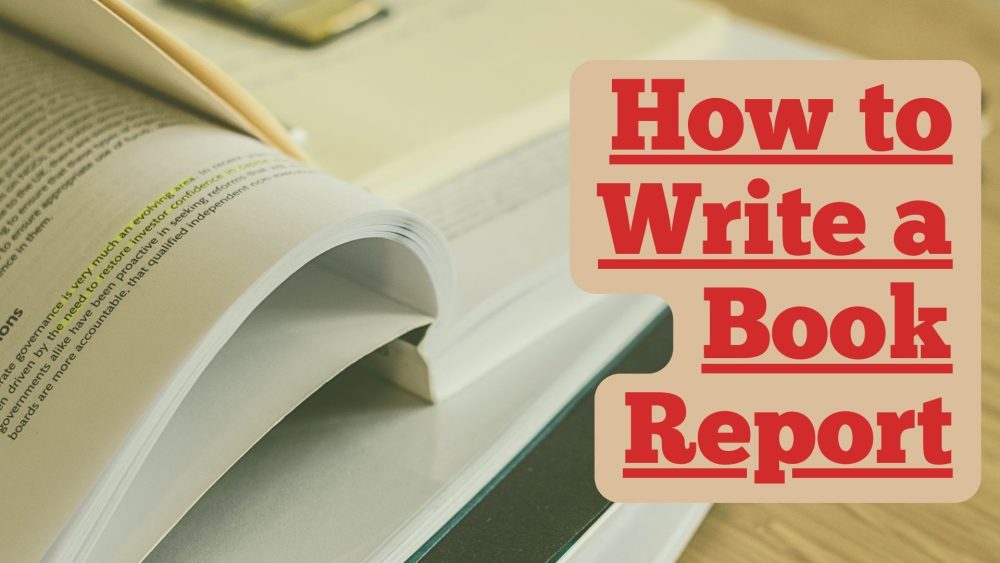Who Invented Exams? A History Of Tests

We have a dreaded and terrifying relationship with examinations as a large part of their lives is spent preparing for one test or the other. Nonetheless it’s true that exams are a significant way to judge a student’s capability and knowledge.
Exams are an excellent way for students to grow and create a sense of responsibility. Also, the goal of exams is to improve the students’ memory, revision skills, and personality. Testing also motivates students to do better in exams.
Table of Contents
We take quizzes and exams to boost our confidence and prepare us for the more extensive tests in life. Even though these tests are beneficial, most students usually have a traumatic experience with tests’ written or oral forms. Every time we are done with a round of tests, a million-dollar question pops into our mind “Who invented tests?”. Let us dig into history to find an answer to this question and learn some exciting information about exams.
So, Who Invented Tests and Exams?
According to historical sources:
Henry Fischel is the founder of exams and the first person to introduce the philosophy of tests. He was a philanthropist and a businessman of the 19th Century. His idea focused on interior and exterior testing of knowledge. He convinced that tests assess a student’s knowledge and understanding of what he has been taught in his academic year.
Some sources also suggest that the exams were invented by another man with the same name i.e., Henry Fischel. He was a professor of religious studies and taught at Indiana University in the early 20th Century.
The history of exams dates back to 605 AD, where the Sui Dynasty implemented the first proper examinations in ancient China. The country organized a national assessment; its purpose was to test people to enter the elite club of Chinese government officials.
These tests were designed under the supervision of emperor Zhang of Hen. It was considered a matter of pride to pass these tests; however, China abolished this system of choosing government officials in 1905.
England followed in its footsteps and soon adopted the examination system in 1806. The tests were designed for the potential candidates who want to serve in the Majesty’s civil service. This system was later applied to education and became a popular tool among teachers to test a student’s knowledge.
Gradually, the exams system spread to other parts of the world and became a vital aspect of educational systems. Henry introduced the main idea, which later led to school tests and finals. Therefore Henry can be considered as the person who invented finals.
Bio Of Henry Fischel & His Contributions
Henry Fischel was active in social matters and has made many vital contributions in history, and was also the person who invented exams.
- For the first half of the Century, he worked as a Rabbi for Germany’s refugees and raised money for Jews. He was concerned with the matters related to a Jewish interest in the US, including support for Jewish schools and colleges, kosher food kitchens and synagogues, and support for the Jewish migrants to the U.S and Palestine.
- He also worked as a treasurer for the Hebrew Sheltering and Immigrant Aid Society in 1890. He convinced President Taft to install a kosher kitchen at Ellis Island for Orthodox Jewish Immigrants to have kosher food during probation.
- He also worked as a treasurer of the Central Committee to relieve Jews suffering from the war of 1914.
- He was an organizer of the Palestine Building Loan Association and built a home, office, yeshiva, and synagogue for the Chief Rabbi of Palestine at his own expense in 1923.
- One of his main contributions was the establishment of the Harry Fischel Institute for Talmud Research in 1931.
- Harry also established the Harry Fischel Graduate school for higher Jewish studies in 1945 at Yeshiva University. Also, saved the campus from bankruptcy and shutting down at the time of the great depression.
- Fischel continued his studies and was awarded a Ph.D. in 1945 from the University of Edinburgh in Scotland. After that, he held distinguished academic positions in the United States and Canada. he worked as a professor at Brandeis University and Indiana University in 1961.
- The renowned philanthropist published many articles and books reflecting on the relationship between Jewish literature and the Hellenistic world.
- Fischel received academic honors and served as president of the Biblical literature in Canada, where he was awarded the Guggenheim Fellowship
Is There A Difference Between Tests And Exams?
Tests and examinations are both methods to test students’ knowledge and learning. After both formats, a teacher is required to assign an appropriate grade based on his assessment of the results. Despite the similarities, there are still some differences that make them apart.
- Exams have a more formal format compared to the tests. ON the other hand, tests have an informal format.
- When you appear in an exam, you have a lot at stake passing and failing means all the hard work you did throughout the year. However, teachers usually line up several tests for the kids during the academic year to check their understanding and help them prepare for their finals.
- If you fail in some exams you might want to retake the exam or start the course again. If you do poorly in a test, you can make up for it by doing good in the next one.
Who Invented Standardized Tests?
Frederick J. Kelly devised the first set of multiple-choice tests, and the format has changed very little over time. Kelly wanted to design tests that could be administered efficiently and had no ambiguity for the students. He insisted that there should be a wholly right or wrong answer so that the students don’t have to make interpretations.
Others argued that Kelly’s testing method missed out on other rational, complex, and logical thinking forms. Moreover, people stated that essay tests are much better as they focus on connections, relationships, organization, structure, and logic. Despite having so many people derailing Kelly’s idea, the method of standardized testing introduced by him still exists and is practiced worldwide. Hence, it can be said that Frederick J.Kelly is the person who invented school tests.

What Are Cambridge Assessments?
Cambridge assessments are one of the most trusted and reputable assessment systems globally. Have you ever wondered the reason behind it? Cambridge assessments have an interesting history that dates back to the end of the 19th Century.
English schools requested Cambridge and Oxford universities to create general standardized tests for young male pupils in England during this time.
At this time, only boys were allowed to take examinations.
The first Cambridge administered assessments took place on 14 December 1958. The examination focused on Mathematics, History, English, German, French, Latin, Politics, etc. These tests were held in churches and schools all over England, and invigilators traveled from different parts of the country to assess. Hence, Cambridge assessments are considered reputable because of their efforts in shaping the modern-day exams and tests
When Were Schools Invented?
School is a great place to learn, develop your skills and make new friends; however, schools can be tiring and exhausting during the examination. Sometimes students need help and a good homework solver. Yet, if it weren’t for schools, humanity wouldn’t have made so much progress. The history of schools is not new and has existed in Ancient Rome, Greece, India, and Chinese cultures. The history of schools can be traced back to when the very first humans inhabited the earth. Caveman and their woman felt the need to pass on their skills and knowledge to the next generation to help them survive.
As the population grew, it was nearly impossible to educate the kids individually; hence, people understood that it would be better to choose wise adults to teach a large group of children. Just like that, the concept of the school system came into existence.
The early schools focused on teaching combat skills and religious beliefs rather than the more complex subjects we study today. The system continued for thousands of years until in the mid 17th Century; during the enlightenment, people realized the importance of exploration through reading, writing, and mathematics. These concepts became so popular that in 1642 Massachusetts became the first colony that set various schools for the children and made basic education a requirement.
The person who invented school was Horace Mann; the credit for the modern school system goes to him. Once, he visited Prussia and was inspired by the education system. He set forth his plan of teachers who can teach students an organized curriculum; he is also called the Father of the common school movement. Owing to his efforts towards creating a school system, it wouldn’t be wrong to say that he was the person who invented study. The education system kept improving with time, leading to today’s modern schooling system.
Brief History Of Homework
Most schools in the world believe in giving homework daily related to the topics taught in the class. This way, students can revise and test their understanding of the concept. Also, homework offers preparatory ground for the exams as they help you retain the knowledge; this is why homework is essential. It is also true that more homework leaves less time for play and other physical activities, which most students dislike homework. Let us look at the history of homework to know who is behind the concept of homework.
Looking back at history, we realize that nobody knows when and where homework was invented, but it has been there since the introduction of the education system. With the introduction of the teaching of complex subjects such as Math, Science, and History, German philosopher Johann Gottlieb Fichte felt the need for a home assignment. Moreover, when Horace Mann introduced his education system, he made homework essential. Hence, Johann and Horace are credited for introducing the concepts of homework.
Things went smoothly for students until the Cold War between the U.S and Russia started. At that time, the U.S authorities thought that giving more homework was the best way to ensure American students didn’t fall behind their Soviet counterparts. Many education experts raise voices against it as causing more harm than benefit. As a result, homework is assigned to aid better understanding of the concepts and to make the learning process easy.
Homework Giving You Trouble?
Learning is an ongoing process that starts as soon as a child is born and it speeds up as the child enters school. However, the homework load and short assignments can make the learning experience unpleasant. You might be thinking: “I just need someone to do my homework.” It’s always good to consult online homework help for no stress. We also offer secure and custom writing services for school, college, and university students. We even offer online test help! Our writers are the best helpers for all your assignments, essays, homework, class projects, etc. Our services are not just limited to the students but are open to professors who can take our help to release their workload.
FAQ
Who invented the study?
Henry Fischel is the name of the person who invented studies. He was a philanthropist and a businessperson in the 19th century. His concept was based on the interior and exterior knowledge of testing. However, some studies show that studying can be traced back to ancient civilizations.
Who was on the first exam?
Henry Fischel was the founder of the exams. He was convinced that test is a vital tool to use when assessing students’ knowledge and understanding of what they have learned in the academic year.

















